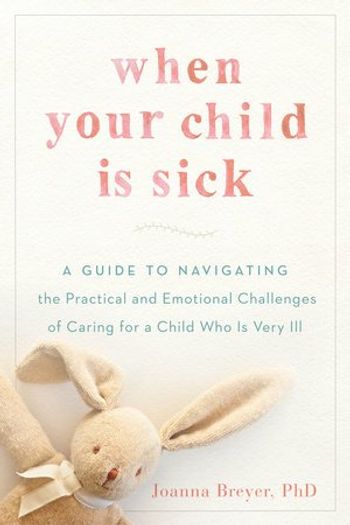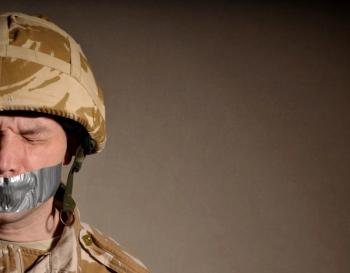
Even while attitudes are opening up about mental health and suicide prevention, the rate of suicide continues to rise in the United States.

Even while attitudes are opening up about mental health and suicide prevention, the rate of suicide continues to rise in the United States.

In the wake of the unfortunate passing of several high-profile individuals, media headlines illustrate a challenge regarding how best to speak and write about suicidal self-directed violence.

Combining clinical wisdom, skill, and knowledge may allow us to shift the trend toward increasing suicide rates and provide care that helps youths build lives they want to live.

This article provides a brief synopsis of the research regarding the use of psychotherapy to manage suicidal behavior, followed by several examples of strategies that such treatment employs.

One is reminded as one reads this book of Emerson’s well-known quote, “Common sense is genius dressed in work clothes.”

This CME helps to differentiate the roles of the attending physician and the consulting physician and to recognize the ethical concerns attendant to medical aid in dying.

Lacan has a devoted following throughout much of the non-English-speaking world (where he is the best-known psychoanalyst) but he is mostly unknown to the English-speaking psychiatric community (where he is the least-known psychoanalyst).

The iconic scene when George C. Scott slaps the soldier with PTSD in Patton and calls him a “yellow-bellied coward” mirrors the historic and continued ambivalence of the military toward the psychological wounds of war.

They love to talk like air traffic controllers: “Angle the spinal needle 20 degrees and push gently toward the midline.” And though I don’t say “Roger”...

As we approach the end of the year, our collection of eulogies remind us of life's fragile nature.

Many of our patients are in distress, coping with “eco-anxiety” in ways that we have up to now not experienced.

Coenzyme Q10-a nutrient that has improved well-being, vitality, and energy in small studies of patients with breast cancer, the elderly, and veterans-was found to treat bipolar depression in a new randomized controlled trial.